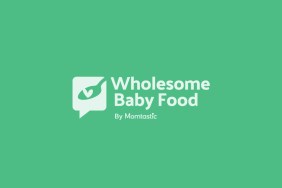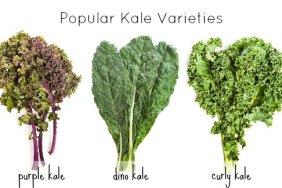When fruits and vegetables are out of season – what to use for Baby Food
The dilemma of what types of fruits and veggies to use during the winter months is a tricky one. For the most part (and especially in New England), fresh fruits are few and far between during the months of November through February.
During the off-season, many “fresh” fruits and veggies that are available are either force-grown or they are imported from foreign countries that may have more lax standards of agricultural regulations.
Frozen Fruits & Vegetables
One way to ensure the supply of fresh fruits is to find frozen fruits. The majority of frozen fruits are “flash-frozen” and contain little or absolutely no sugars. These types of fruits are peaches, melons, and apples. Frozen Blueberries, Raspberries and Strawberries without the addition of sugars or syrups are very hard to find however they are out there. It may take you an extra 10 minutes in the Grocery but if you read the labels, you will be surprised that there are many quality frozen fruits that just contain the fruit and no additives.
Try looking in natural or health-food stores such as Whole Foods, Wild Oats or Trader Joe’s. Your city or town may have its own natural food market that may stock frozen fruits. Another good place to look for frozen quality fruits without additives are the wholesale clubs such as BJ’s, CostCo and Sam’s Club.
Finding veggies to use during the Winter months is much easier as there is always a ready supply of a large variety or frozen veggies available. You can find squash, peas, carrots, corn, green beans, parsnips, turnip, broccoli and cauliflower and even yams/sweet potatoes. Again, you may have to take a few minutes longer at the grocer to read the various packages to see if any additives such as salts are in the veggies.
Picked at the peak of freshness, a vast majority of frozen veggies are flash frozen either right in the fields or in the warehouse close by. “Fresh” veggies may sit around in trucks and warehouses and criss-cross the country before it even makes it to your table.
Frozen fruits and veggies may be cooked and pureed and then turned back into frozen baby cubes. There is an absolute minimal nutrient loss in the cooking and refreezing of these food items. One rule of thumb to remember when cooking and freezing is this;
Fresh, freeze, cook, refreeze is OK
Fresh, freeze, thaw, refreeze is NOT OK
Fresh, cook, freeze, thaw is OK
Frozen, cook, refreeze is OK
Frozen, thaw, refreeze w/o cooking is NOT OK
For more information see Our Page on Freezing and Frozen Foods
What about using canned fruits and canned vegetables for Homemade Baby Food
Using canned fruits and veggies is really a LAST resort, read more on the Using Canned Fruits and Vegetables page. Canned fruits and veggies often contain additives such as salts, sugars, starches and other sweeteners or preservatives. There are some brands of canned fruits out there that pack their fruits in pear juice which is not as bad as the Heavy or Light Syrups. Applesauce may be found as 100% Natural with water (and maybe citric or ascorbic acid) and apples as the only ingredients. Again, you will need to spend a little extra time reading the labels thoroughly if you want to ensure that you find a canned fruit or veggie that is as close to natural as possible.
As regards canned veggies – they typically are loaded with salts and it is VERY hard to find unsalted canned veggies. Pureeing and freezing canned veggies and fruits is not the best thing for optimal nutrient content, but it is safe to do. A better idea may be to store the leftovers in the fridge for no longer than 48 hours and use within that time frame instead of freezing.
One thing to be mindful of is that while the canned veggies are sitting on the grocer’s shelf, they are leaching their nutrients into the liquid that they are packed in. If you are going to use canned fruits and/or veggies, be sure to use as much of the packing liquid as you are able to; this is unadvisable if the liquid contains a lot of additives and fillers.


